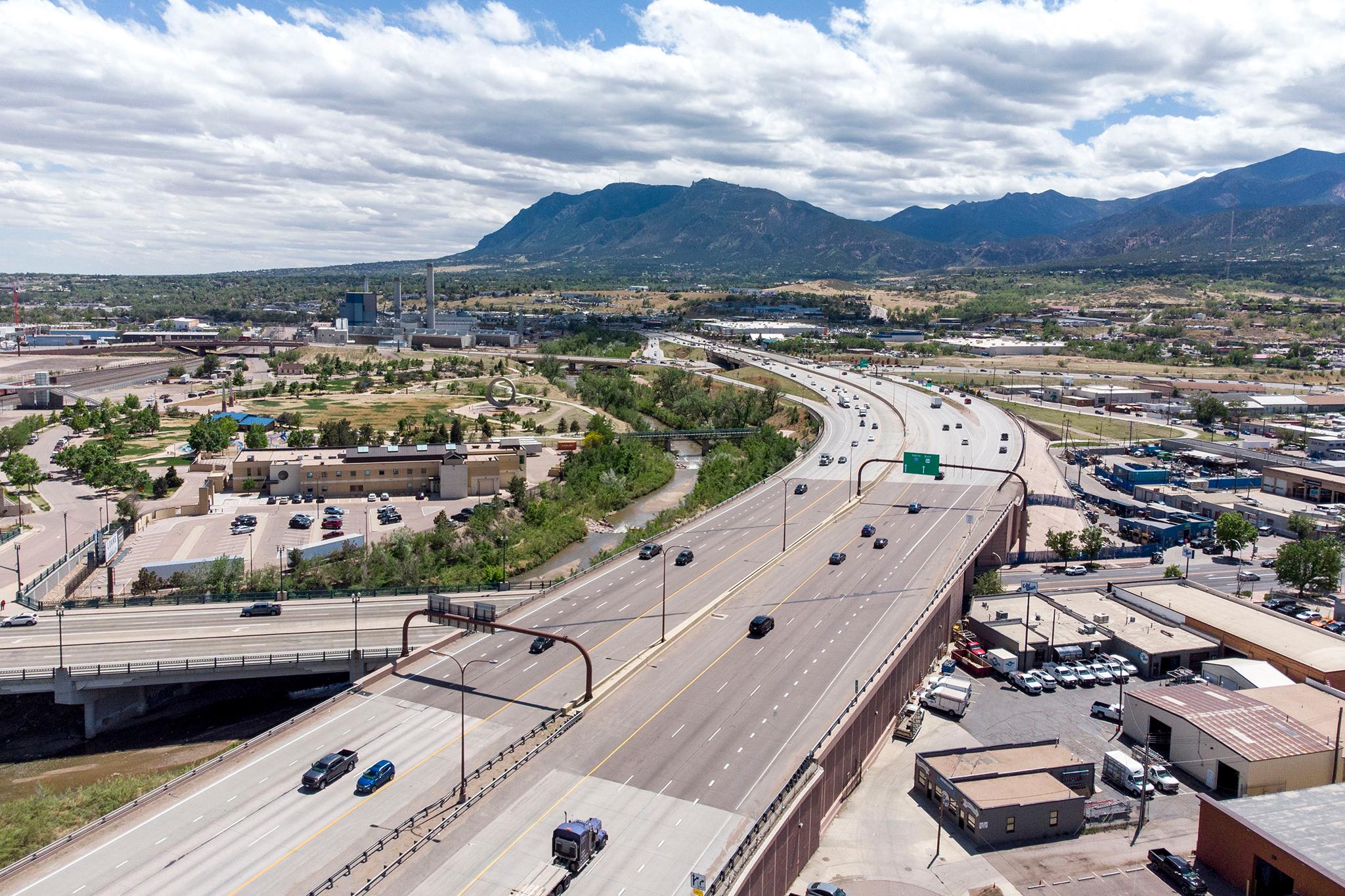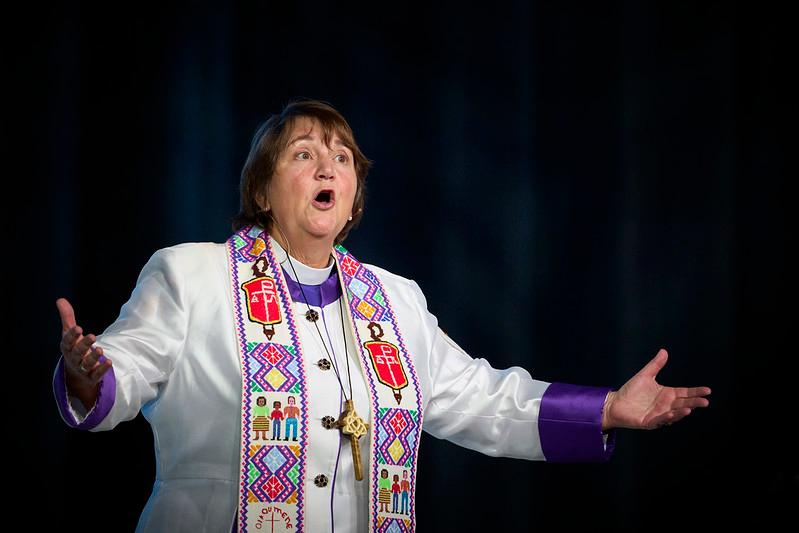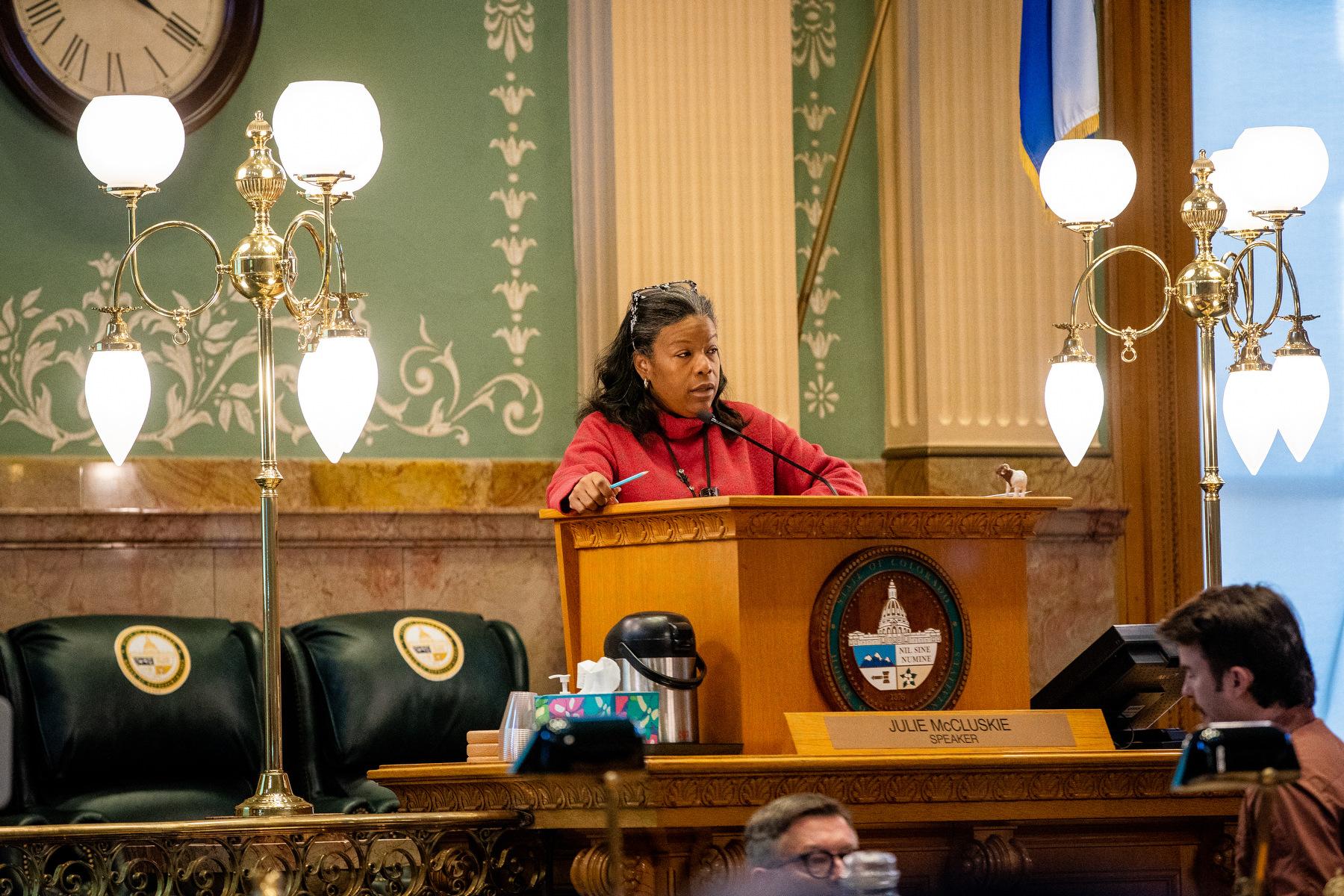
Unofficial results show the largest local transportation funding measures across the state heading for victory on Tuesday.
Pikes Peak-area voters appeared to overwhelmingly approve a sales tax extension to fund transportation projects.
"Without this vital sales tax, we simply could not afford to pay for the very expensive and critical transportation projects that expand our traffic capacities and reduce congestion,” Colorado Springs Mayor John Suthers said in a statement on Tuesday.
The extension is expected to raise hundreds of millions of dollars through 2034 when it expires, the Gazette reports.
Eagle County voters approved a new half-cent sales tax that will increase funding for public transportation service by an estimated $15 million a year, according to unofficial results. The vote also establishes a new regional transportation authority, which backers say will be better able to serve the valley through expanded service, lower fares, more fare-free routes, and the conversion of buses to low- and zero-emission vehicles.
“We are thrilled to see the voters supportive of a grassroots, business-led initiative designed to benefit our workforce and our economy, and our environment,” Chris Romer, president and CEO of the Vail Valley Partnership, told the Vail Daily.
Voters in Gypsum opposed the measure, which, the Vail Daily reports, means the town will not join the new authority.
A Denver initiative that would raise some $40 million a year for sidewalk construction and repair was leading by a margin of 52-47 late Tuesday. More results are expected early Wednesday afternoon.
And in smaller ballot measures, according to unofficial results:
- Boulder County voters appeared to overwhelmingly approve a transportation sales tax.
- A sales tax in Englewood for street repair was leading 54-46.
- A Gunnison sales tax for street repair was failing 44-56.
- A transportation sales tax in Wiggins was leading 51-48.
In the Denver area, voters appeared to have re-elected by wide margins two Regional Transportation District board members who faced challengers. Lynn Guissinger received 77 percent of the vote for her District O seat, which covers Boulder. And Troy Whitmore got 67 percent in District K, which spans the northeastern suburbs.
Peggy Catlin, an incumbent running as a write-in candidate in District N in Jefferson County, was leading her write-in challenger by a wide margin late Tuesday. Catlin had received 3,342 votes to her challenger’s 189.
In unopposed RTD board races, Erik Davidson was elected in District I; Boulder County Commissioners appointed him to that seat in 2020. Current board chair Vince Buzek was re-elected in District J in the northern suburbs.
At least three newcomers — all of whom were write-in candidates — will join the board, too. JoyAnn Keener-Ruscha of District B in northeast Denver; Michael Guzman in District C in northwest Denver; and Ian Harwick of District L in Arvada. They were the only write-in candidates in their respective districts.









